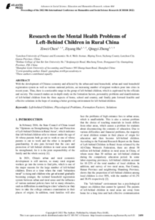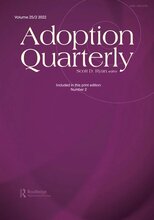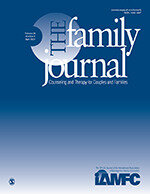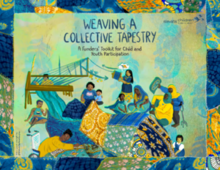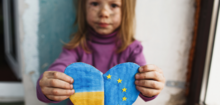Displaying 1071 - 1080 of 10391
This study analyzes the influence of school, family and society on the psychological development of left-behind children in China from the perspective of the factors that affect their psychological problems.
Several youth facilities have devoted considerable resources to improving the quality of practice and the interest in understanding the safety needs of youth in residential care has grown. However, there is limited research that considers how youth in residential facilities themselves define and experience safety, what their safety concerns are, and how they would like systems and staff to respond to their needs. Therefore, this current study investigated youth perceptions of safety in residential facilities in Norway and their experiences of and reaction to staff behaviors and attitudes.
A large proportion of children in the foster care system experience placement instability, which works against the three national goals for children in the child welfare system: permanency, safety, and well-being. Placement instability has been linked with increased child externalizing behaviors and increased parenting stress. Child-Parent Relationship Therapy (CPRT) is one intervention which combats issues associated with placement instability. The authors outline the needs of children and families in the foster care system, the benefits of relationship-focused play therapy interventions, and provide rationale for the use of CPRT among child welfare agencies.
This Insight draws on research and policy, as well as practice experience to explore friendship, why it matters and how it can be better supported. It looks critically at the nature of friendship and the impact that aspects of the ‘care system’ can have on children and young people making and maintaining friends. It highlights how significant friendships can be for children and young people who are ‘looked after’ in the UK.
Concurrent planning is a process by which all options for permanency are considered simultaneously for children in foster care. Children are placed with caregivers (resource parents) who are open to adoption if reunification with birth parents does not occur. This U.S.-based quantitative study explored resource parents’ perceptions of the concurrent planning process via surveys at two time points. Participants included resource parents of 77 infants assessed at 2 months and 1 year after placement.
This study investigates how experiences and practices of transnational care arrangements are negotiated from the perspective of the nonparental carers. It specifically aims to understand its dynamics and patterns in shaping care relationships, normative familial values and the hope to reconstitute the family amidst migration-induced care.
This report aims to increase awareness of the scale and severity of the economic crisis in Lebanon over the past three years. It describes how the crisis disproportionately affects children and is likely to have short-and long-term consequences on their future.
This paper presents a case study that discusses the lived experiences of two LGBTQA + young people who have been in out-of-home care in Australia, focusing particularly on the influence of relationships on their developing sexual identity.
This toolkit was developed with and for philanthropic funders who want to better understand how to support child and youth participation. It builds on an ECFG study published in 2021, Shifting the Field: Philanthropy’s Role in Strengthening Child- and Youth-Led Community Rooted Groups, which maps current practices in philanthropic support for child- and youth-led work at the community level and provides strategic advice to donors on how to strengthen their funding modalities through participatory approaches.
Eurochild has carried out an urgent mapping, with support from its members, UNICEF country teams and government representatives across 13 countries. The mapping examines the laws and policies at national level for children in alternative care and unaccompanied and separated children from Ukraine who arrive in the following countries: Czechia, Estonia, Germany, Greece, Hungary, Italy, Latvia, Lithuania, Poland, Romania, Slovakia, Spain and the United Kingdom.

